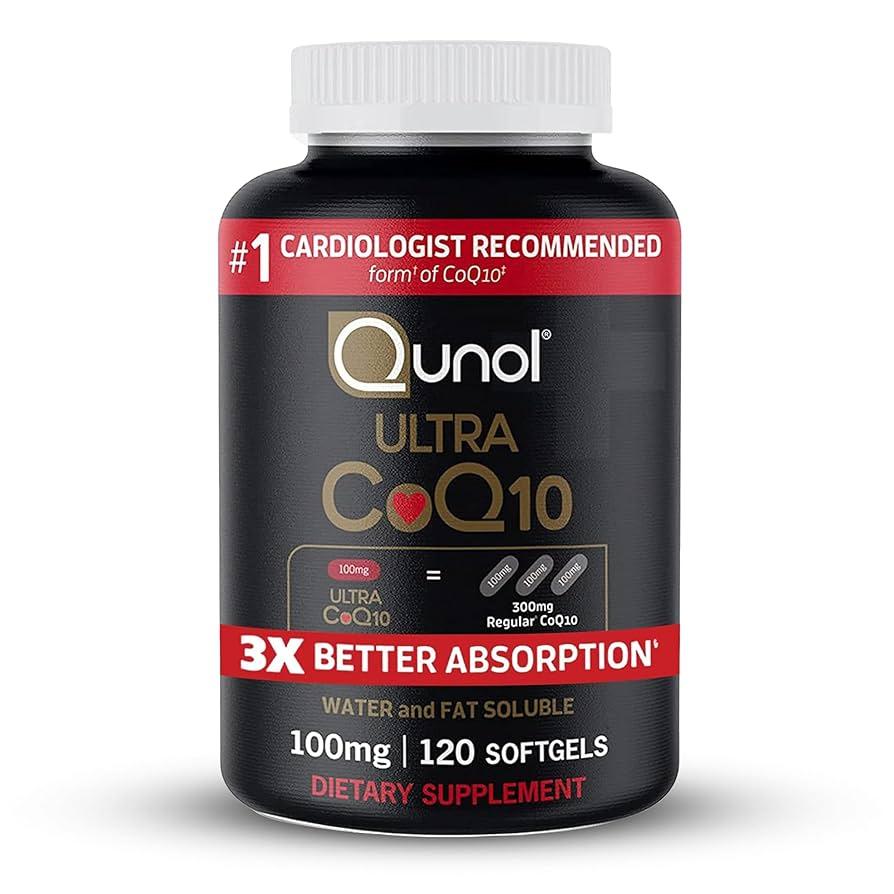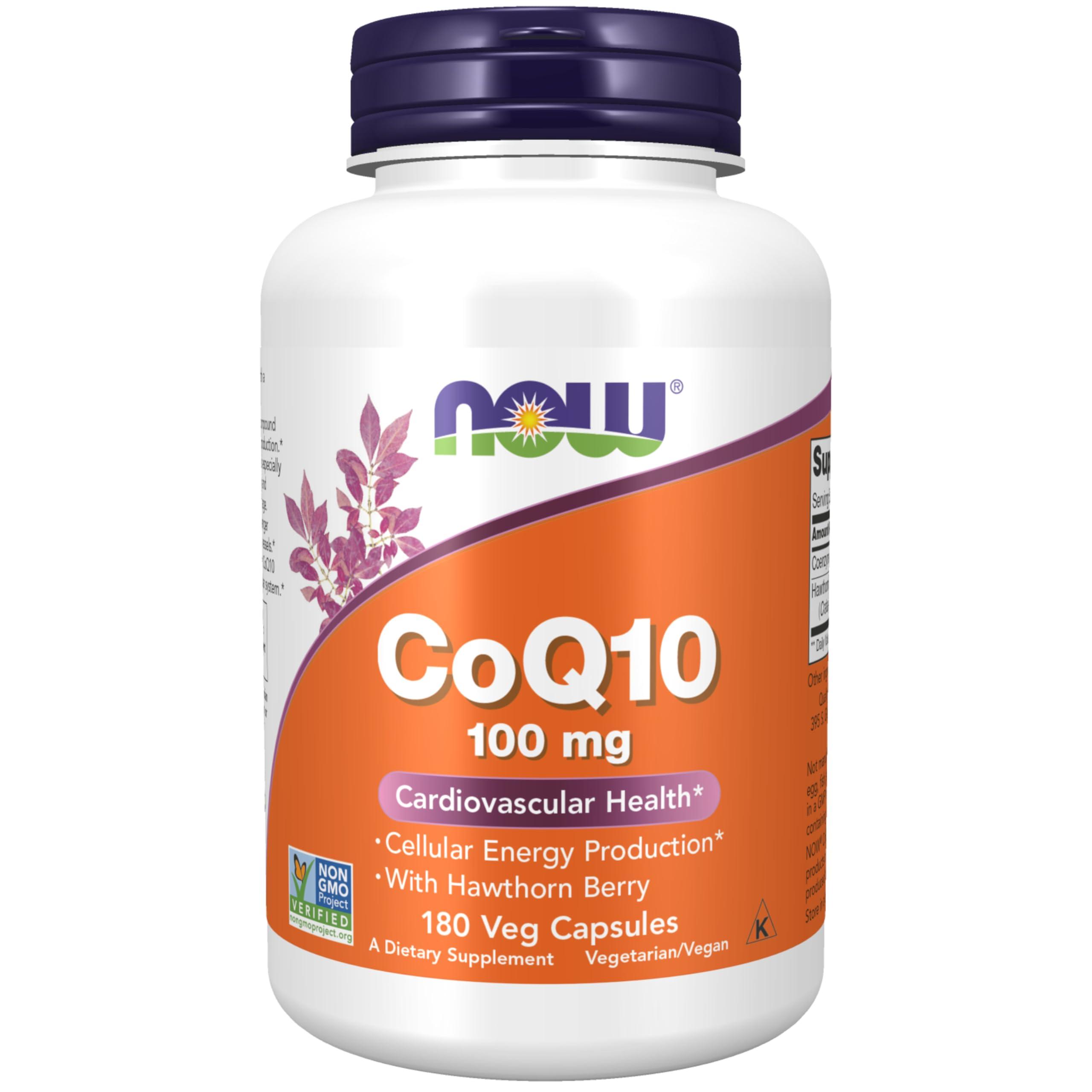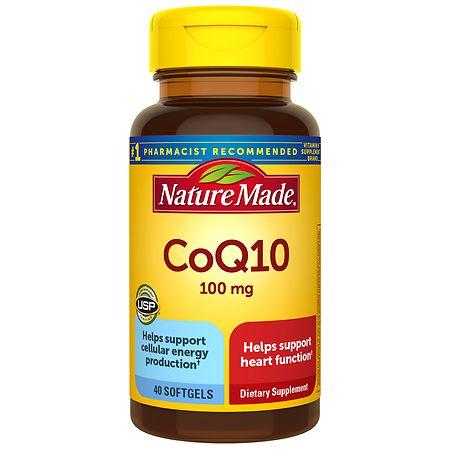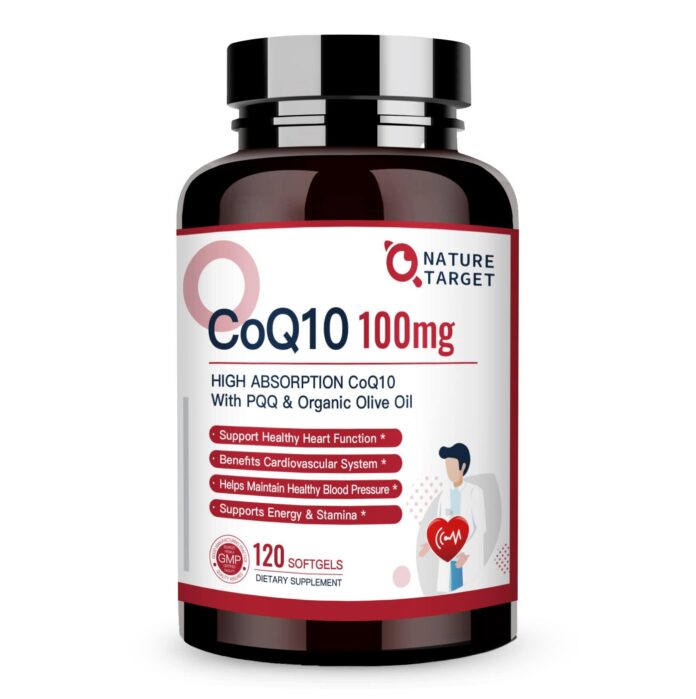In the realm of nutritional supplements,few names spark as much curiosity as Coenzyme Q10,commonly known as CoQ10.Nestled within its complex molecular structure are two distinct forms: ubiquinone and its more bioactive counterpart, ubiquinol. Both forms have garnered attention for their potential too support heart health, yet they operate in strikingly different ways within our bodies. As we delve into the intricate world of these two forms of CoQ10,we’ll uncover their unique benefits,mechanisms of action,and how they may contribute to overall cardiovascular well-being. Whether you’re a seasoned supplement user or just beginning your journey toward optimal heart health, understanding the differences between ubiquinol and ubiquinone will empower you to make informed decisions on your path to wellness. Join us as we explore the vibrant dynamics of these two powerful compounds and their roles in nurturing one of the most vital organs in our body — the heart.
Understanding the Basics of CoQ10: Ubiquinol and Ubiquinone Explained
CoQ10, or Coenzyme Q10, is a crucial compound found within the cells, playing a vital role in energy production and serving as a powerful antioxidant. It exists in two primary forms: Ubiquinone and Ubiquinol. While both forms contribute to cardiovascular health, they differ considerably in their roles within the body. Ubiquinone is the oxidized state of CoQ10, frequently enough regarded as the supplement form that the body must convert into its active form, Ubiquinol, to reap its full benefits. This conversion process may be less efficient,especially in aging individuals,leading to the suggestion that Ubiquinol can have superior bioavailability for those seeking to support their heart health.
conversely,Ubiquinol is the reduced and more bioactive form of CoQ10,which directly participates in cellular energy production and combats oxidative stress. This makes it an attractive option for supplementing heart health, notably for those with existing cardiovascular concerns or higher oxidative stress levels. Here’s a speedy comparison of the two forms:
| Feature | Ubiquinone | Ubiquinol |
|---|---|---|
| Form | Oxidized | Reduced |
| Bioavailability | Lower | Higher |
| Age Consideration | May require conversion | More readily utilized by the body |
| Antioxidant Properties | Yes | Yes, enhanced |
When selecting a supplement, it’s essential to consider these distinctions. Both forms can effectively support heart health,but individuals may find greater benefits from Ubiquinol,especially as they age or face increased health challenges. Understanding these differences can empower consumers to make informed decisions about incorporating CoQ10 into their wellness routines.

The role of CoQ10 in Heart Health: Benefits of Each Form
CoQ10, or coenzyme Q10, plays a vital role in sustaining heart health by contributing to cellular energy production and acting as a powerful antioxidant. Ubiquinol, the reduced form of CoQ10, is recognized for its high bioavailability, meaning that the body can absorb it more efficiently. This form is particularly beneficial for individuals with specific health conditions or those over the age of 40, as natural levels of CoQ10 tend to decline with age. Some of the key benefits of Ubiquinol include:
- Enhanced myocardial energy production: Helps the heart muscle operate at peak efficiency.
- Oxidative stress reduction: Protects heart cells from damage caused by free radicals.
- Blood pressure support: May assist in maintaining healthy blood pressure levels.
conversely, Ubiquinone serves as the oxidized form of CoQ10 and has its own unique set of advantages. While it’s less readily absorbed than Ubiquinol, it plays a crucial role in the body’s conversion processes to produce the more bioavailable Ubiquinol. Particularly useful in younger individuals or those who have a healthy metabolism, Ubiquinone is recognized for its ability to:
- Support cardiovascular function: Aids in overall heart health maintenance.
- Boost energy levels: encourages ATP production, providing energy for daily activities.
- Facilitate cholesterol management: can definitely help in managing lipid profiles, supporting healthy cholesterol levels.

Choosing the Right Form for You: Factors to Consider
When deciding between CoQ10 forms like Ubiquinol and Ubiquinone, it’s crucial to evaluate your unique health needs and lifestyle factors.First, consider your age and health status. Ubiquinol is the active antioxidant form of CoQ10 and is frequently enough favored by older adults or those with specific health conditions that affect energy production. In contrast, Ubiquinone might potentially be suitable for younger individuals or those seeking general wellness support. Additionally, how you absorb supplements can play a significant role; some people may find Ubiquinol easier to assimilate, especially if they have digestive challenges.
Another vital factor is the bioavailability of each form. Studies indicate that Ubiquinol is better absorbed in the bloodstream compared to Ubiquinone, particularly for those with diminished levels of this coenzyme. It’s also worth assessing your dietary intake, as certain foods can influence your CoQ10 levels. To help visualize these key differences, here’s a simple comparison:
| Factor | Ubiquinol | Ubiquinone |
|---|---|---|
| Bioavailability | Higher | Lower |
| Age Suggestion | Older adults | Younger adults |
| Conditions Benefited | Heart disease, fatigue | General wellness |

Maximizing Heart Health: Practical Tips for Incorporating CoQ10 into Your Diet
Incorporating CoQ10 into your diet can be a game changer for maintaining heart health. Both forms of CoQ10—Ubiquinol and ubiquinone—offer unique benefits, but the way they are absorbed and utilized can vary significantly.To maximize your heart health,consider adding these foods high in CoQ10 to your daily meals:
- fatty Fish: Salmon and mackerel are particularly rich in CoQ10.
- Organ Meats: Beef and chicken liver provide considerable amounts of CoQ10.
- Nuts and Seeds: Peanuts, pistachios, and sesame seeds are excellent sources.
- Whole Grains: Oats and wheat germ can boost your CoQ10 intake.
- Vegetables: Spinach and broccoli are good vegetable sources to consider.
For those considering supplementation, understanding the difference between Ubiquinol and Ubiquinone can enhance your approach. Ubiquinol is the active antioxidant form and is frequently enough more effective in protecting against oxidative stress, while Ubiquinone is the oxidized form and is generally more stable.Below is a simple comparison to help you decide:
| feature | Ubiquinol | Ubiquinone |
|---|---|---|
| Form | Active antioxidant | Oxidized form |
| Absorption | Better absorbed | Needs conversion |
| age Consideration | Preferred for older adults | General use |
Insights and Conclusions
the battle between CoQ10 ubiquinol and ubiquinone for heart health supremacy presents a compelling narrative for health enthusiasts and those seeking to enhance their cardiovascular wellness. Both forms of CoQ10 play vital roles in energy production and cellular function, but their distinct properties offer unique benefits tailored to individual needs.
As you navigate your wellness journey, consider your personal health goals, age, and lifestyle when deciding which form of CoQ10 may best suit your heart health regimen. It’s always advisable to consult with a healthcare professional to ensure that your supplement choices align with your specific health conditions and nutritional requirements.
No matter which path you choose—ubiquinol’s antioxidant prowess or ubiquinone’s time-tested efficacy—investing in your heart health is a step toward a vibrant future. So, take a moment to reflect on the journey ahead, armed with the knowledge to make an informed decision. After all, your heart deserves the best, and this enlightening comparison is a heartwarming reminder of the power of informed choices in the quest for a healthier life.






